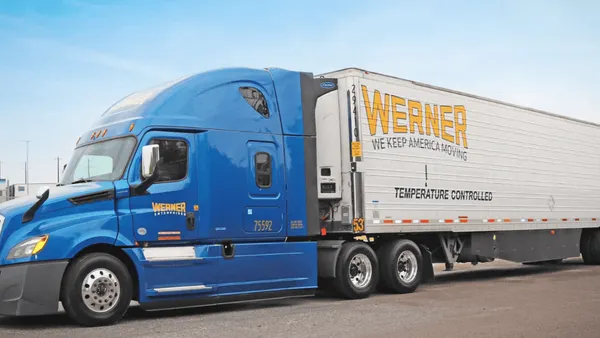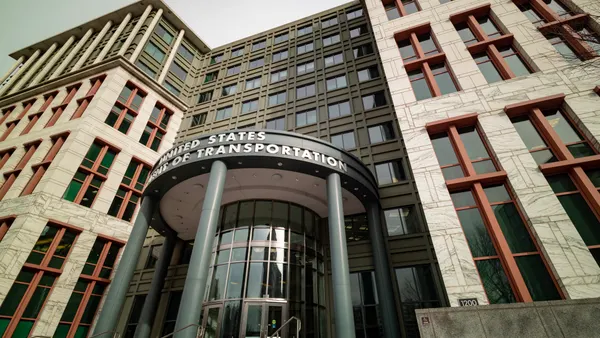Dive Brief:
- Employees able to consistently practice social distancing at work have a significantly lower risk of anxiety or depression, according to a study published in Occupational Environmental Medicine.
- Most workers in the study who reported mild anxiety said they were not able to consistently practice social distancing at work. Most of those who weren’t anxious were able to do so. Likewise, those deemed mildly depressed were less likely to consistently practice social distancing at work and more likely to travel to and from work on public transportation or in shared rides. Those able to commute by foot, or bike or using their own car were significantly less likely to report depressive symptoms.
- "Our significant mental health finding calls for action in providing comprehensive employee assistance services to help essential workers cope with the psychological distress during the COVID-19 pandemic," researchers told ScienceDaily.com.
Dive Insight:
Researchers from Harvard, Boston University and other organizations investigated COVID-19 infection and exposure rates among 104 grocery employees, as well as their mental health during the pandemic. Drivers who have continued to deliver to grocery stores throughout the pandemic have experienced some of these concerns firsthand.
But other facets of the trucking business typically don't allow for social distancing. Those who work in call centers, for example, usually work close together and were sent to work remotely in the early days of the pandemic.
Now, employers are tasked with getting the timing right on when to bring employees back to the office safely, and they may want to make mental health a consideration.
The COVID-19 pandemic has had a significant impact on workers and their ability to handle stress. The average employee's capacity to absorb change without becoming fatigued "has been cut in half" this year compared to last year, Gartner said in October.
Workers deemed essential, including truck drivers, are even more affected. Employment in the food and beverage industry correlates with a high level of mental health issues, according to a 2017 report from Mental Health America, and the group's 2019 research indicated that still rang true.
Employers have responded with increased access to mental health benefits, employee assistance programs and flexible scheduling, according to speakers at a virtual conference in August. Large employers were quick to embrace virtual healthcare delivery especially in the area of mental health treatment.
Eighty-eight percent of employers in a recent Business Group on Health survey said they had virtual service offerings for mental health; an additional 8% said they were adding such services in 2021 or considering them for 2022 or 2023.












